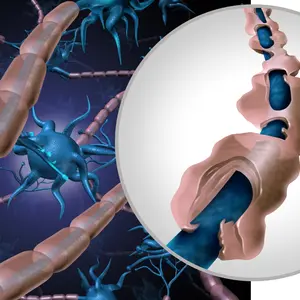

Chronic Conditions and Diseases

Chronic Conditions and Diseases
Specialized Diets Outperform Medications for IBS
One in ten Americans suffers from irritable bowel syndrome, or IBS, a disorder that causes uncomfortable gastrointestinal symptoms such as cramping, diarrhea, gas, and bloating.
A new study suggests that two popular diet strategies—low-FODMAP and low-carbohydrate—may work better than medications for easing symptoms of irritable bowel syndrome (IBS). Published in Lancet Gastroenterology & Hepatology, the study compared these diets to standard drug treatments and found that both diet plans led to greater improvements in gut symptoms, quality of life, and mental well-being.
Researchers in Sweden enrolled 294 adults with moderate-to-severe IBS and assigned them to one of three groups: a diet low in FODMAPs (FODMAP is short for fermentable oligosaccharides, disaccharides, monosaccharides, and polyols, types of carbohydrates that are poorly absorbed; the foods that contain FODMAPS include wheat, onions, garlic, beans, milk, apples, honey, and artificial sweeteners) combined with traditional IBS nutrition advice, a low-carb diet high in protein and fat, or medication tailored to the person’s main IBS symptom such as diarrhea, constipation, or abdominal pain. All participants followed their assigned treatment plan for four weeks, and symptom changes were tracked.
The results showed that 76% of people on the low-FODMAP diet and 71% on the low-carb diet had a meaningful drop in symptom severity, compared to 58% decrease in severity in the medication group. People in both diet groups also reported less bloating and better stool consistency. Participants reported that the low-carb diet was easier to stick with than the more complex FODMAP plan.
While each of the three treatments helped to reduce IBS symptoms, the diets stood out: both diet groups improved symptoms more than the drug group, especially for relieving bloating and improving overall comfort. The findings for the low-FODMAP diet are consistent with 2017 research.


 By
By






